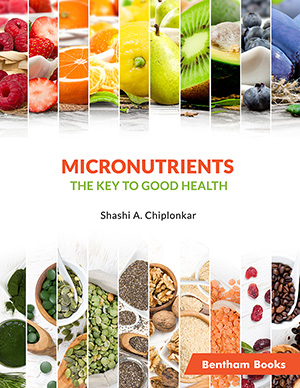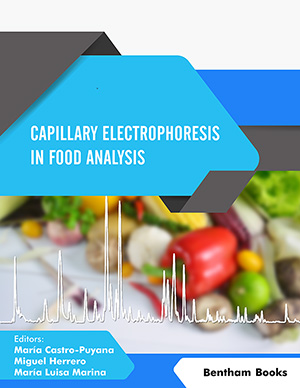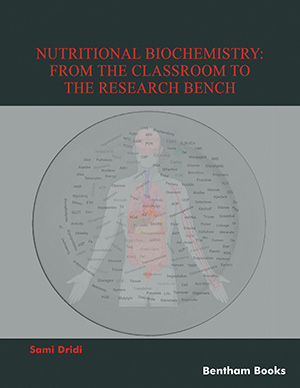Abstract
Cognition includes all phases of valid functions and processes, e.g., sensitivity, judgment, assessment, and decision-making. Thinking is also a cognitive procedure since it involves considering potential opportunities. There are various types of cognition. Hot cognition involves mental procedures where emotion plays a role, while cold cognition includes mental processes that do not include feelings or emotions. Cognitive memories of various types include sensor memory, sensing touch, smell, and sight; short-term memory allows one to recall, e.g., what one had for lunch a few days ago; working memory includes remembering telephone numbers or directions to a destination; and long-term memory comprises of major milestones in life and recalling one’s childhood events. These are further classified as episodic, e.g., the first day in primary school, and semantic memories, such as recalling the capital city of a country and filling out crossword puzzles. Declarative memories include remembering significant past events, such as global information. Cognition is affected by factors, such as nutrition, aging, addiction, environment, mental health, physical activity, smoking, and keeping the brain active. Consumption of plant- based foods plays a prominent role in the prevention of cognitive memory. Playing games and instruments, reading books, and being socially active make life more satisfying, thus assisting in the preservation of mental function and slowing mental decline.
Keywords: Lifestyle, flavonoids, toll-like receptors, exercise, Alzheimer’s disease, dementia and COVID-19.






















